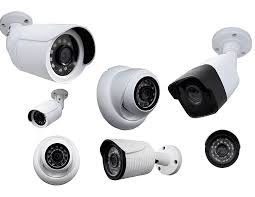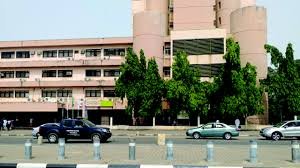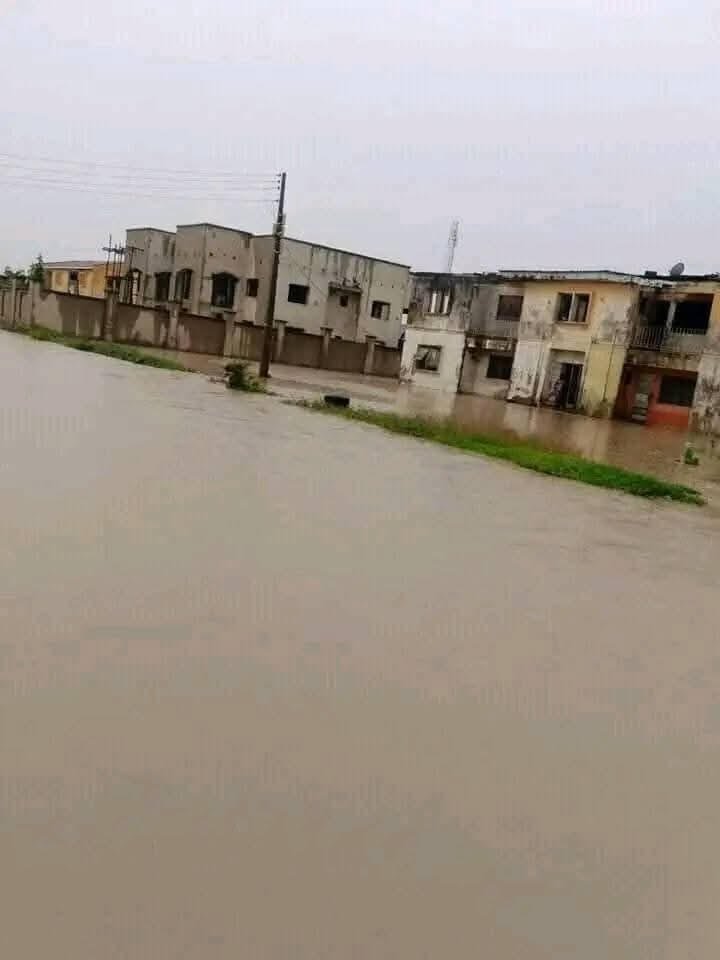The poor state of infrastructure coupled with safety issue in Nigeria schools has sounded the alarm bell, calling for urgent action to salvage the system, secure learning environment nationwide for safety of the lives and future of young people in the country.
Juliet Jacob who visited some schools in the Federal Capital Territory, FCT, Abuja, Nigeria’s capital city, reports her findings.
Recent cases of child maltreatment in Nigerian schools, such as the tragic incident involving a three-year-old boy in Ikorodu, Lagos state, highlight pressing concerns about safety and infrastructure in both public and private schools.
Surveillance Cameras in Schools

Despite being entrusted with the welfare of children, many schools lack basic facilities, including proper surveillance systems like CCTV cameras, which are standard in schools in advanced countries.

Public schools, in particular, are in dire need of infrastructure upgrades. Issues range from overcrowded classrooms to the absence of adequate monitoring systems, leaving children vulnerable to abuse and neglect. In private schools around the FCT, while some maintain better facilities, many still do not prioritize the installation of surveillance cameras Africa Health Report observed. A review of schools in the FCT reveals that most lack adequate surveillance systems, despite the growing demand for better security measures in educational institutions. Unfortunately, no government in the past and present has considered this necessary to put in place, in form of laws and rules.
So, the absence of a robust legal framework mandating the installation of CCTV cameras in schools raises several questions. If such laws existed, and are enforced the country will not be losing its future leaders with the spate as being witnessed. Rather, owners of schools will ensure that they comply with the measures to avoid running foul of the laws which may lead to closure of their schools.
CCTV Surveillance in Schools: A Global Benchmark

But in advanced countries, it is illegal to establish schools or childcare centers without CCTV cameras. These systems serve as both a deterrent to abuse and a tool for accountability.
Sadly, in Nigeria, there is limited awareness and enforcement of such measures.
Why are there no nationwide laws requiring CCTV in schools?

Findings in the course of this report indicated that Delta State’ government issued a Directive on Surveillance Cameras
The State government took a significant step by enforcing a directive mandating the installation of smart surveillance cameras in public places, including schools. This directive is aimed at improving security and ensuring compliance with an existing law that became operative on July 28, 2020. This is laudable.
Key Features of the Directive
According to a statement by Dr. Kingsley Emu, Secretary to the State Government (SSG), the directive applies to the following public places: Schools, Shopping malls, Eateries, Hotels, Public and private offices, and Worship centers.
The directive outlines the technical specifications for surveillance cameras to be installed:
Outdoor Cameras: 4k bullet CCTV camera, 8MP with 50m night vision, Ultra HD resolution (3840×2160), and high-quality imaging.
Indoor Cameras: 4k dome IP cameras with built-in microphones, starlight video for night visibility, and weatherproof design.
Street Cameras: Speed dome rotating IP cameras with 32x optical zoom, 16x digital zoom, and a 200m infrared range.
Penalties for Non-Compliance
Failure to comply with this directive carries severe penalties, including:
- Imprisonment: A 2-year jail term.
- Fines: A fine of ₦500,000.
- Sealing of Premises: Affected facilities will remain sealed until compliance is achieved.
The Way Forward
The Delta State government’s initiative should serve as a model for other states in Nigeria. However, for effective implementation, several steps need to be taken:
- Public Awareness: Educating school owners and the public on the importance of surveillance systems.
- Legislative Action: Introducing and enforcing nationwide laws mandating CCTV installation in schools and other public places.
- Monitoring and Compliance: Regular inspections to ensure compliance with these laws.
- Government Support: Providing financial assistance or incentives for schools and other institutions to adopt these measures.
School Owner Shares Her Perspective
Speaking with Africa Health Report, Mrs. Chiwedu, a private school owner in the FCT, said:
“I heard about the incident in Ikorodu, and even before that, I have always instructed my staff to treat children with utmost care. If I notice someone lacks patience with children, I won’t even hire them in the first place. Regarding the idea of government installing CCTV cameras in every school, I would gladly welcome it and even install them in my school because I have nothing to hide. It’s all for the good of the children.”
A Public School Teacher Speaks
A government school teacher in the FCT, who prefers to remain anonymous, shared her perspective:
“Yes, there are daycare facilities in government schools, but to be honest, I wouldn’t recommend parents bring their children here. The schools lack the necessary infrastructure to properly care for young children. I would advise parents to consider private school crèches instead. Regarding CCTV cameras, we don’t have them in our schools.
Conclusion
Ensuring the safety of children in both private and public schools requires a collective effort. The Delta State directive is a step in the right direction. It imperative to draw attention of the authorities to the urgent need to address the threat to our children’s lives and future by ensuring similar initiatives must be adopted nationwide. Schools, in particular, must prioritize infrastructure development and the installation of surveillance cameras to create a secure environment for learning and growth. The government should be proactive and not act only when the deed had been done.



